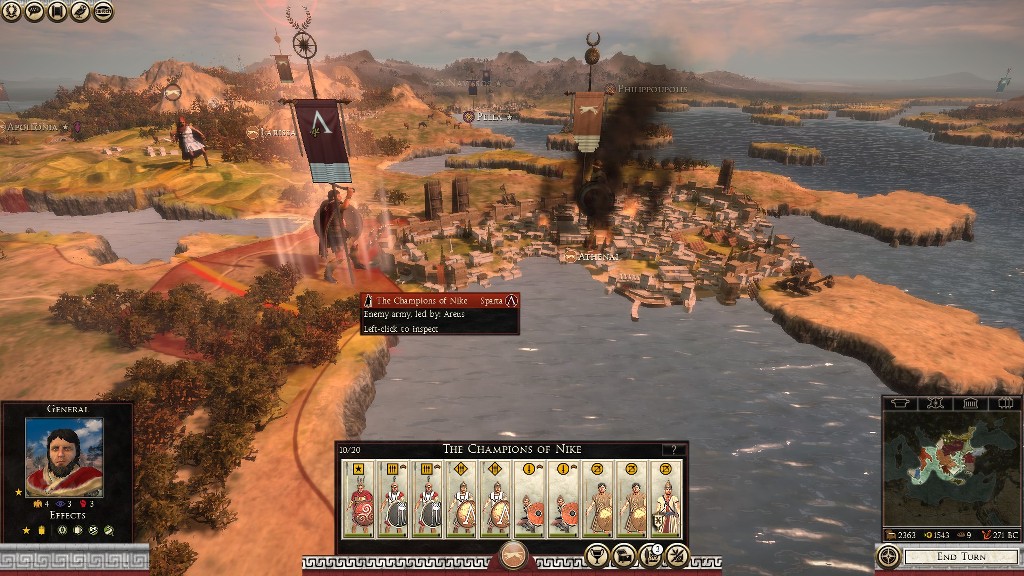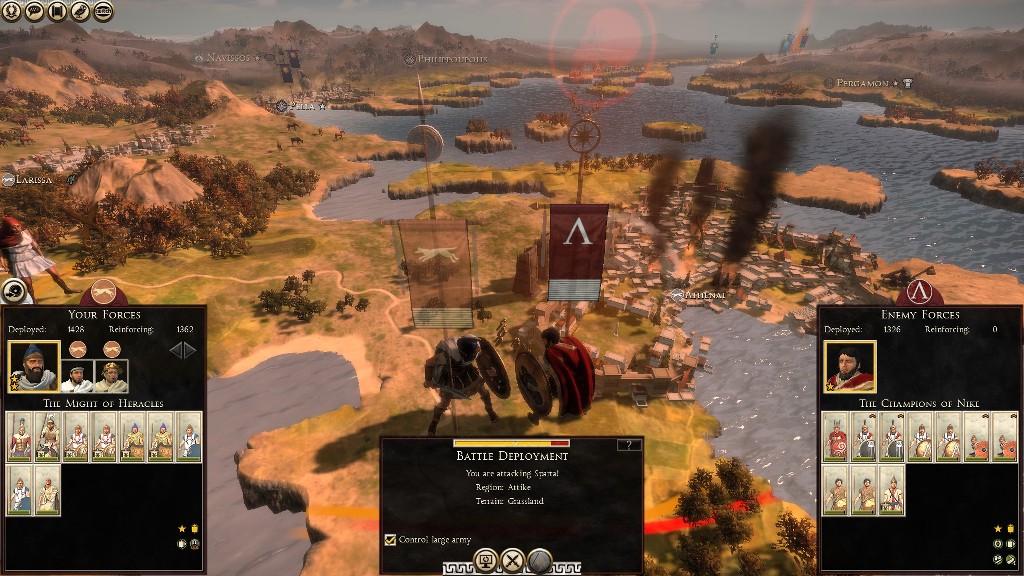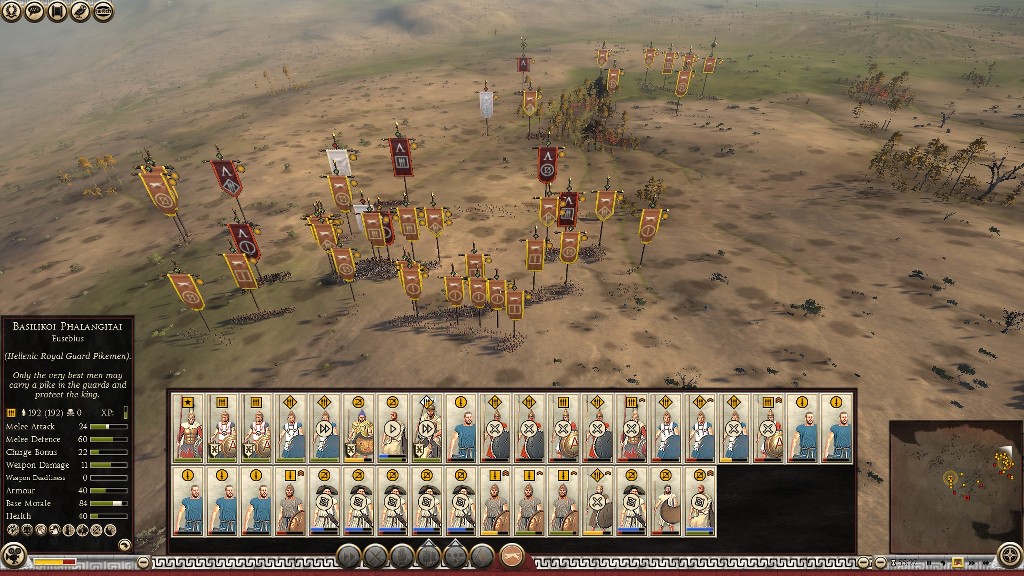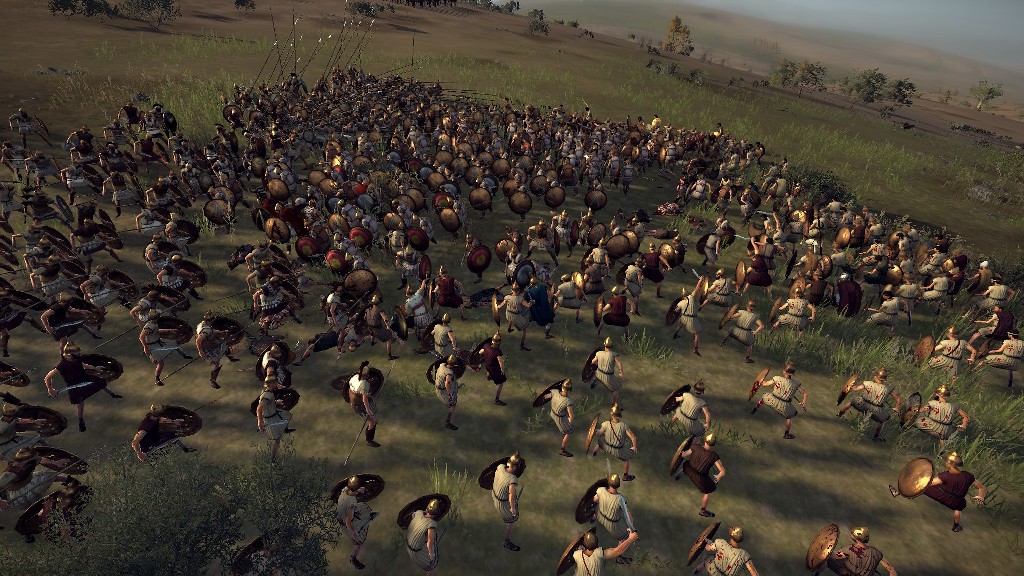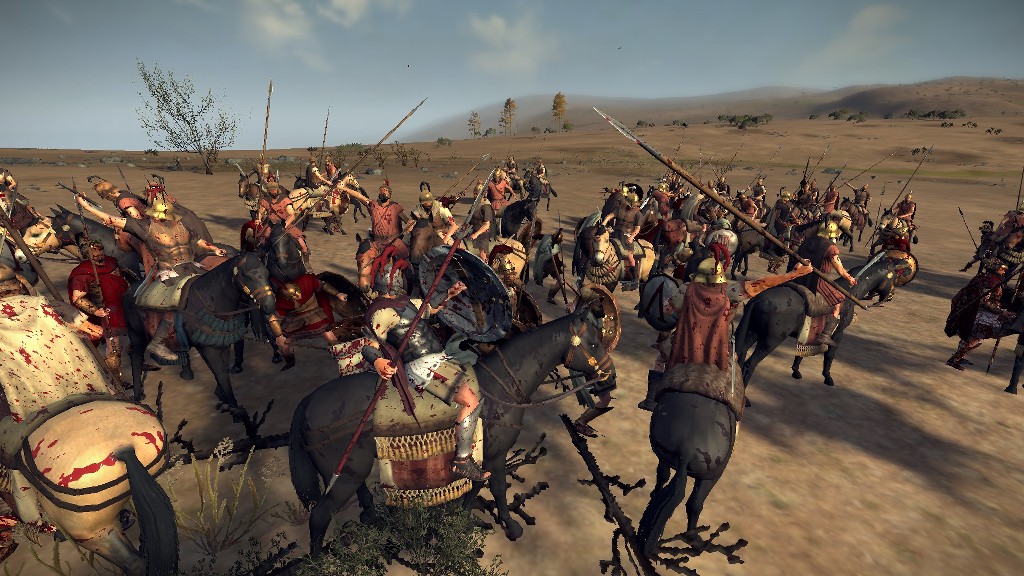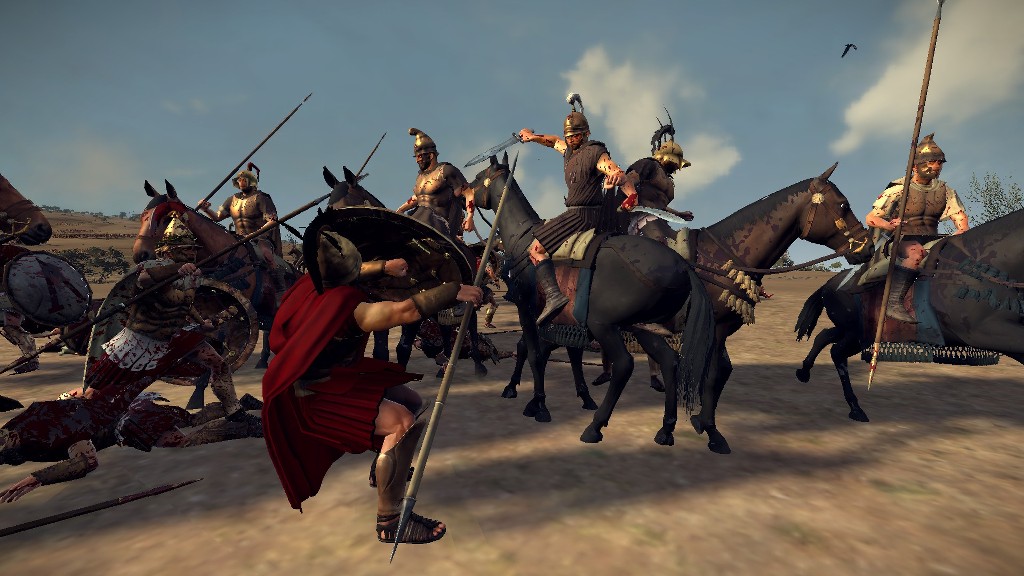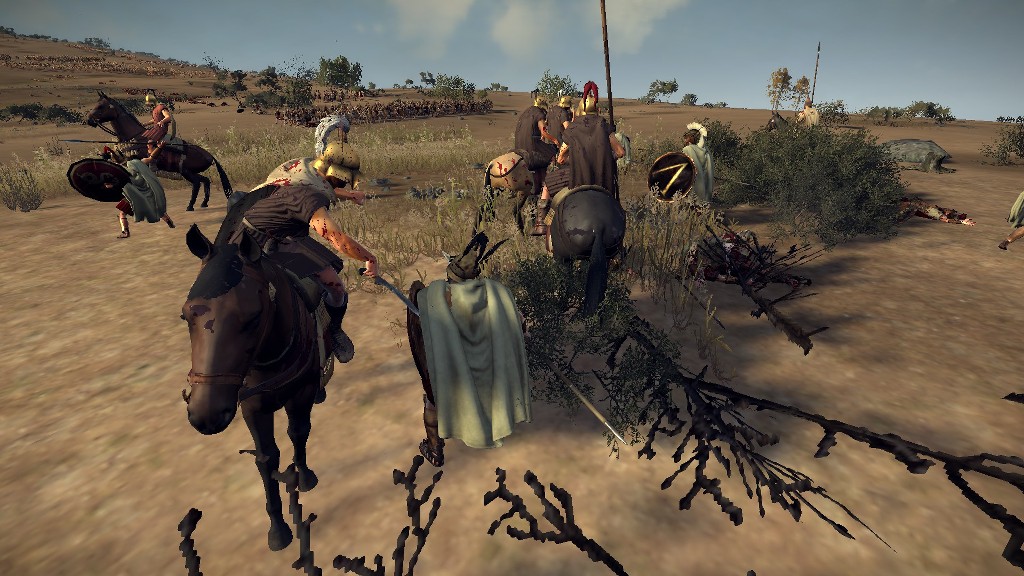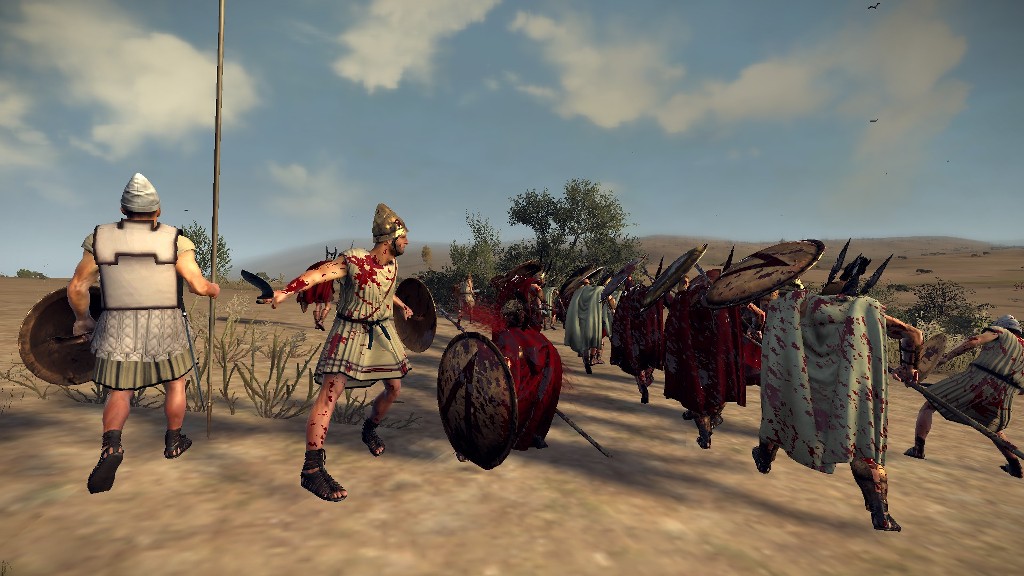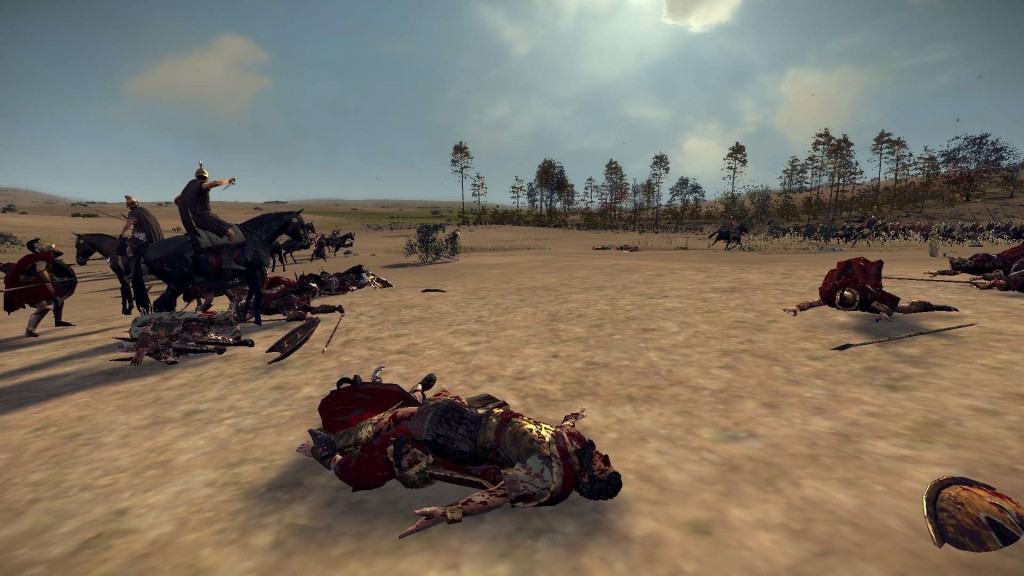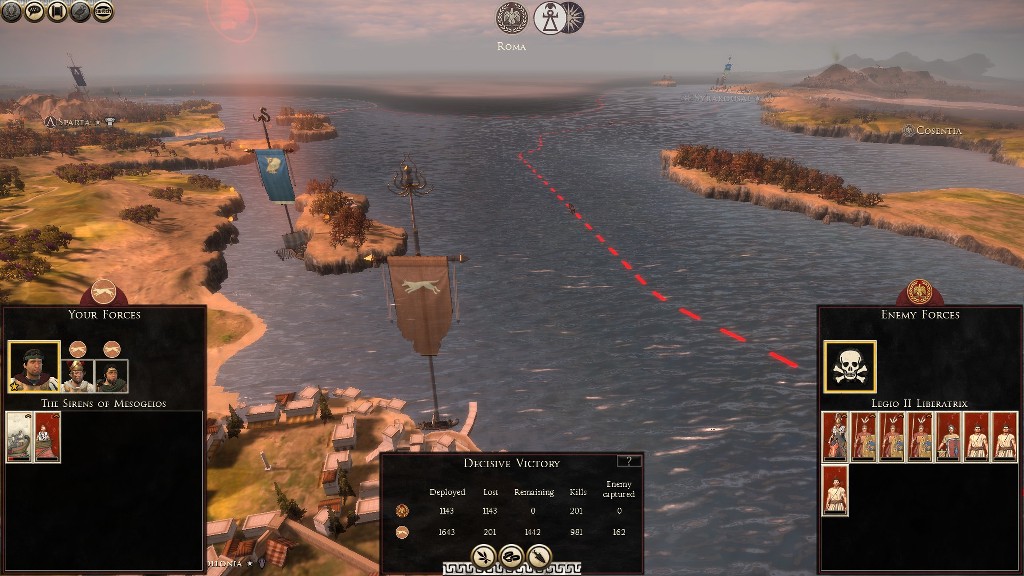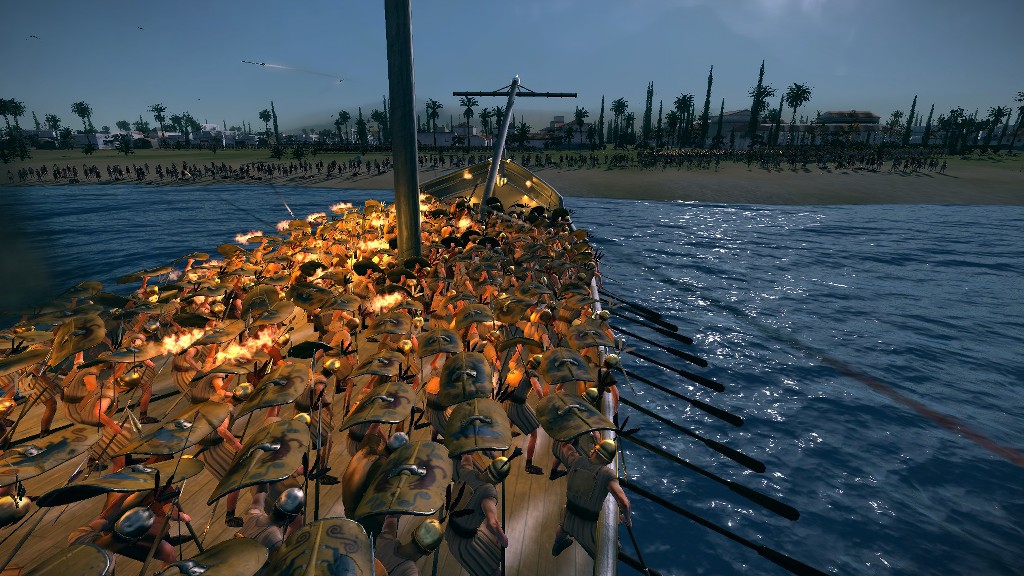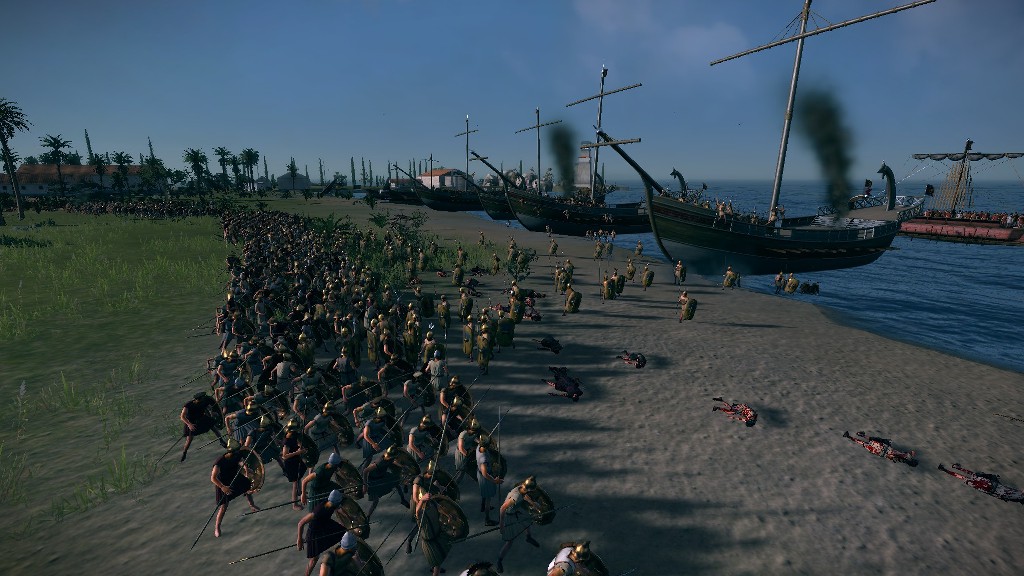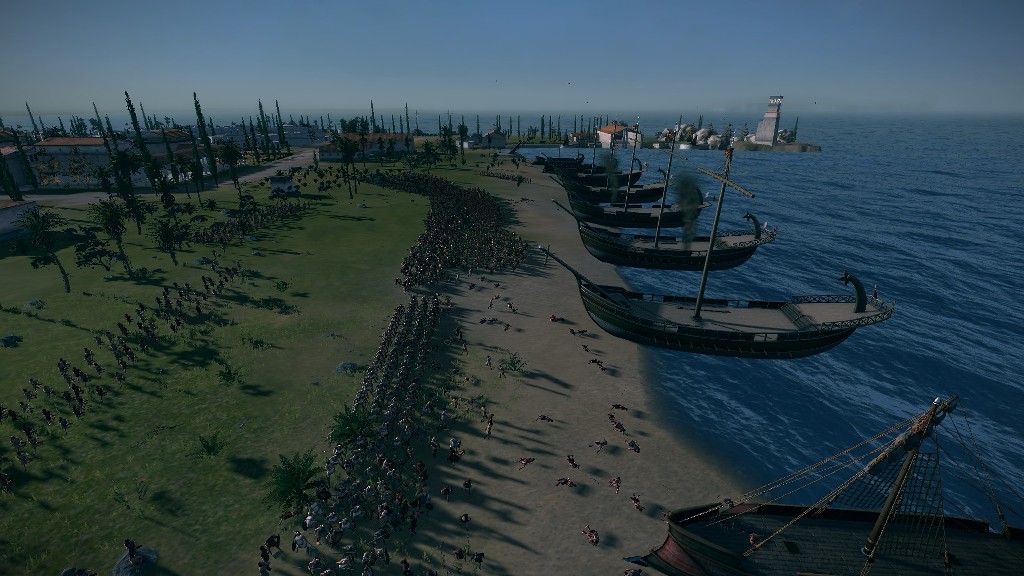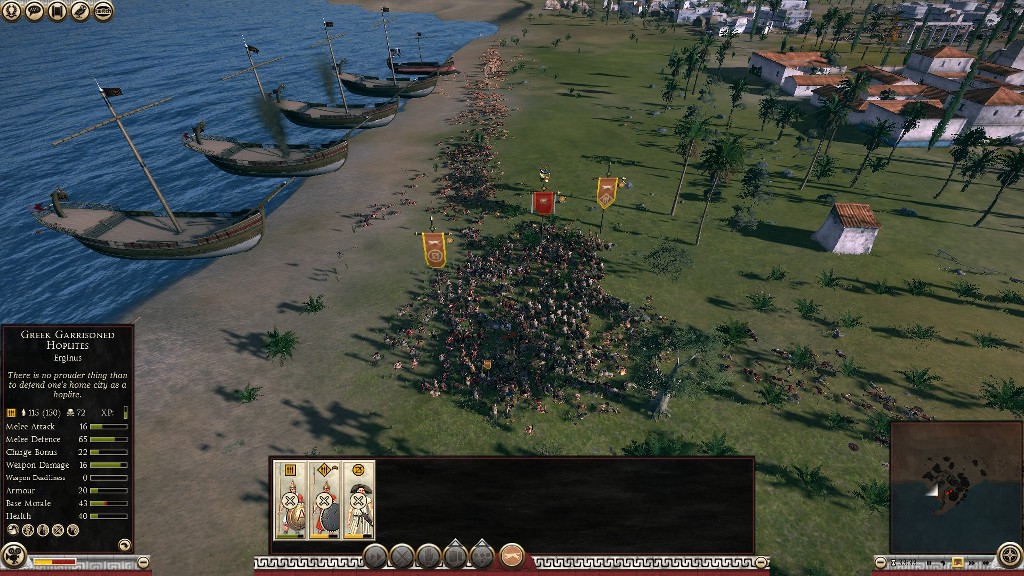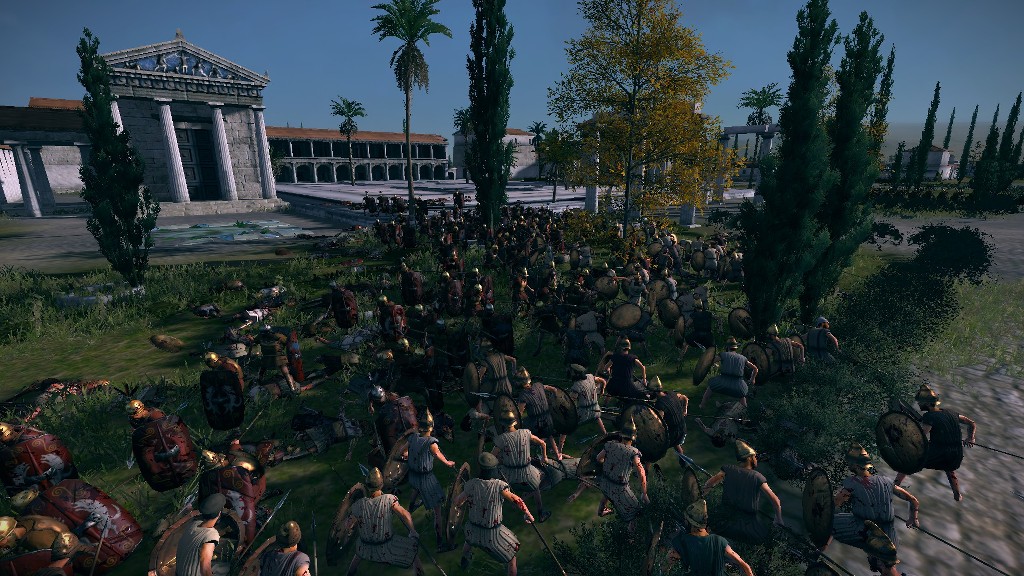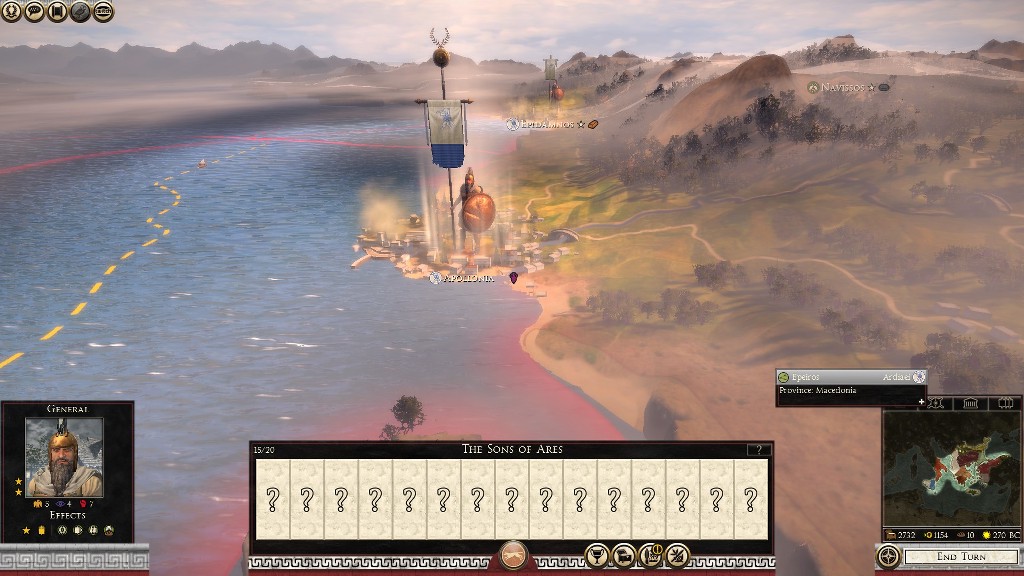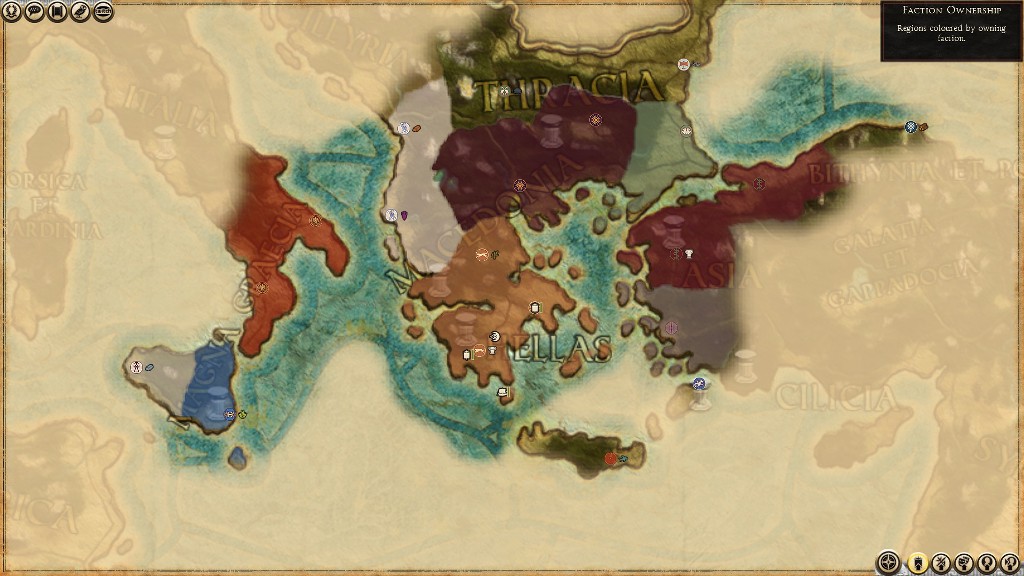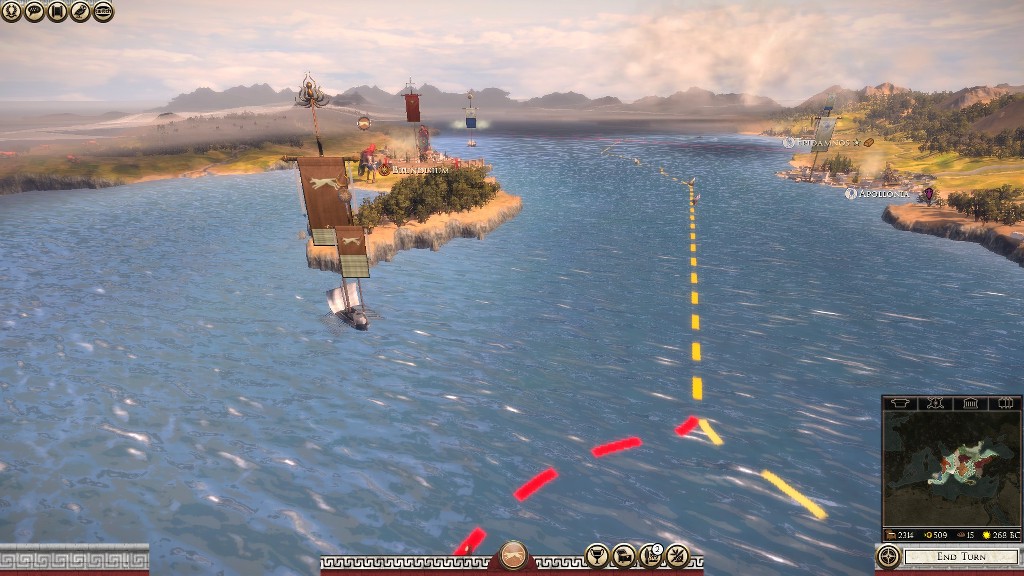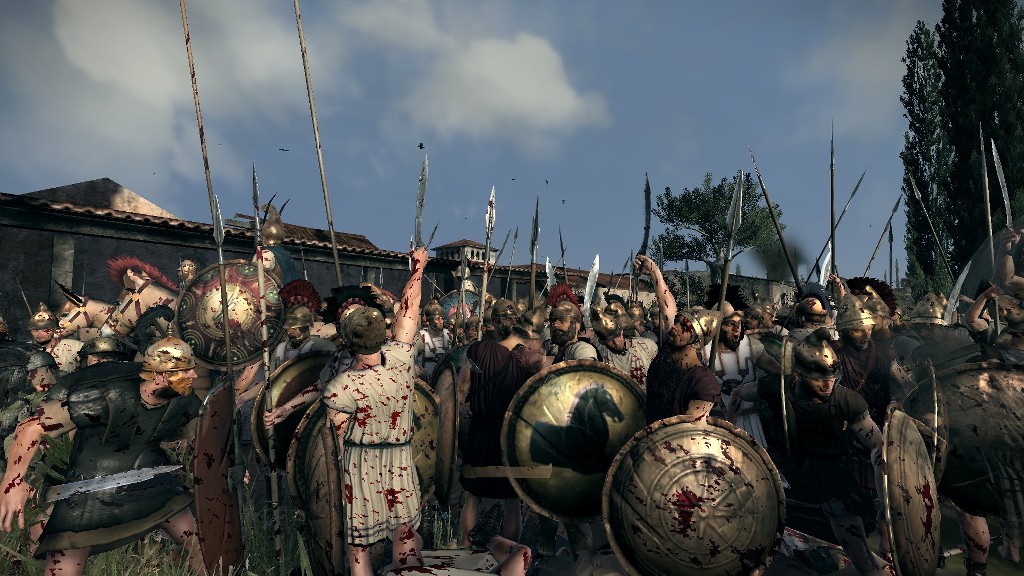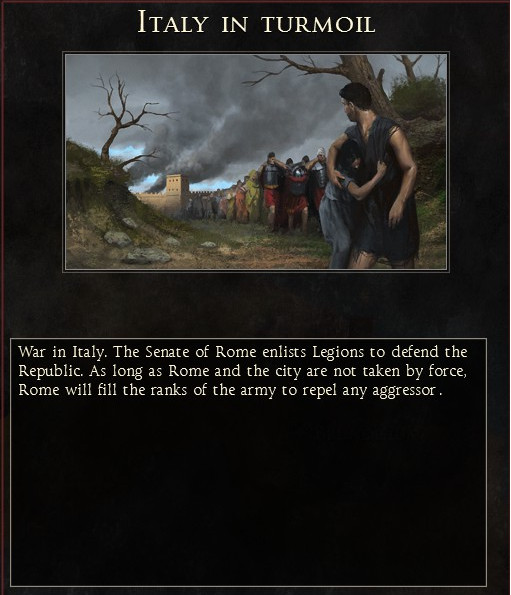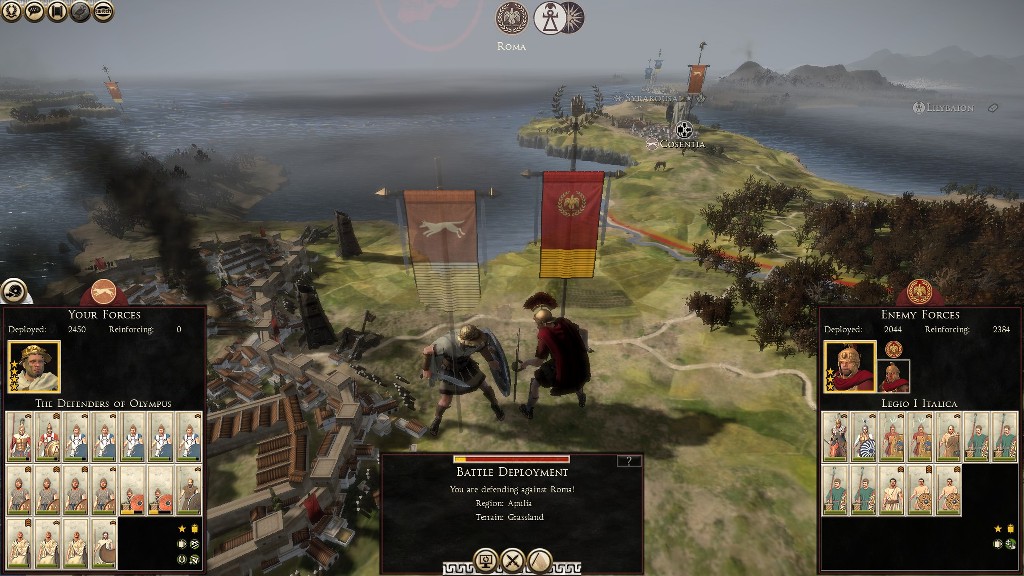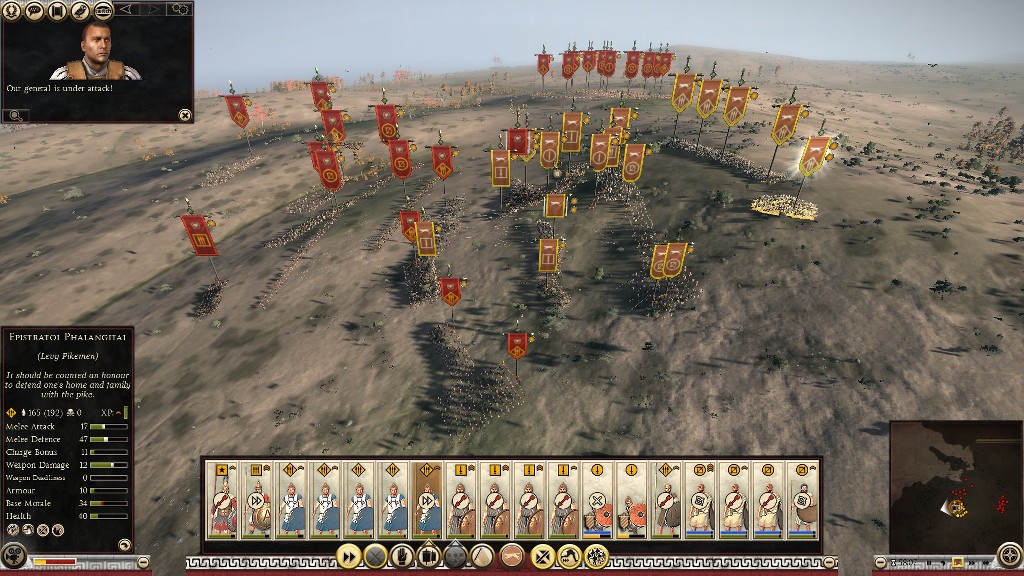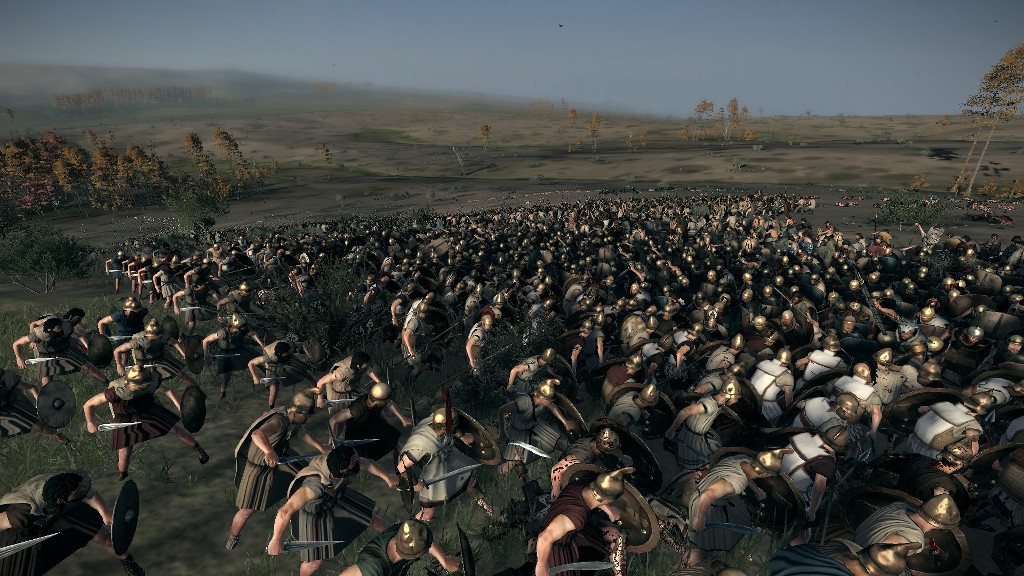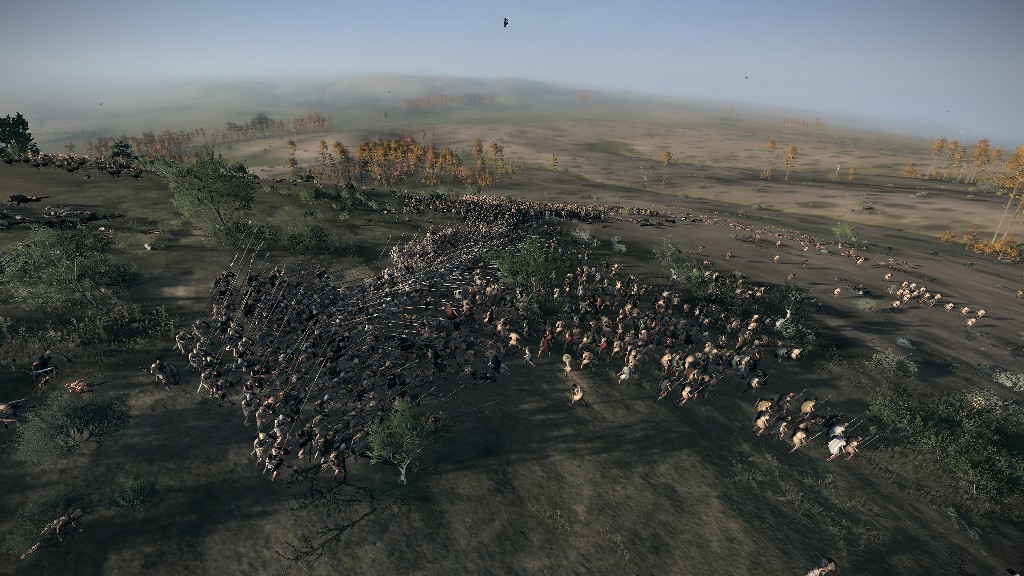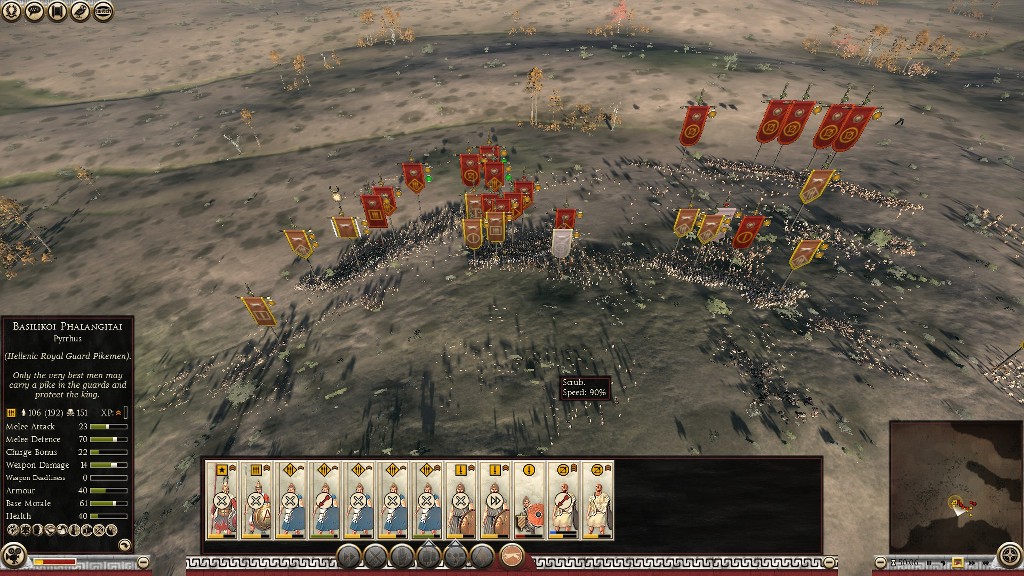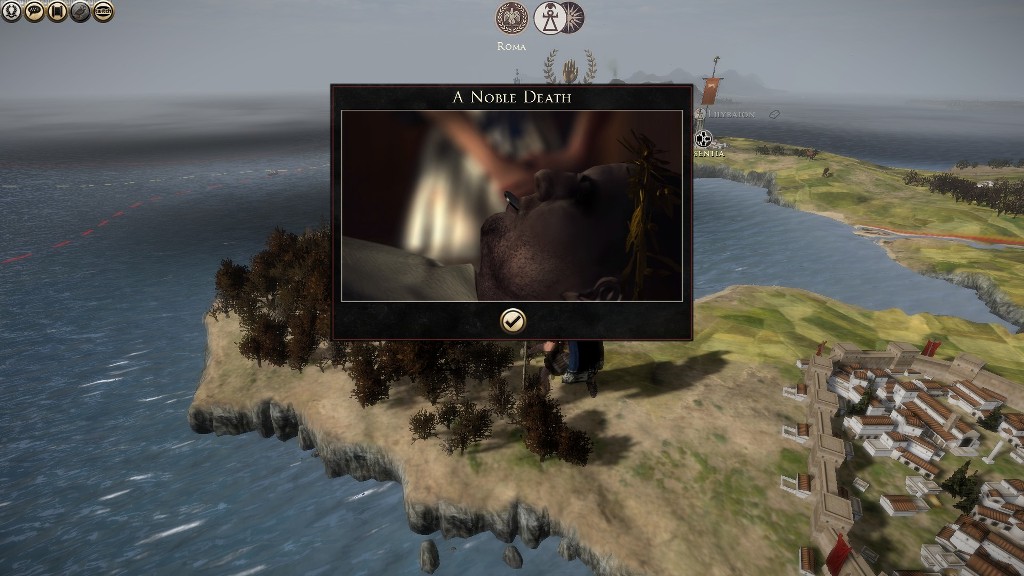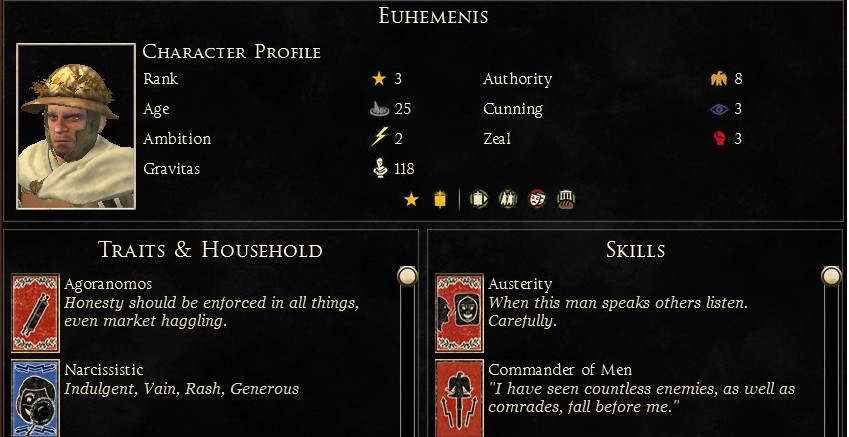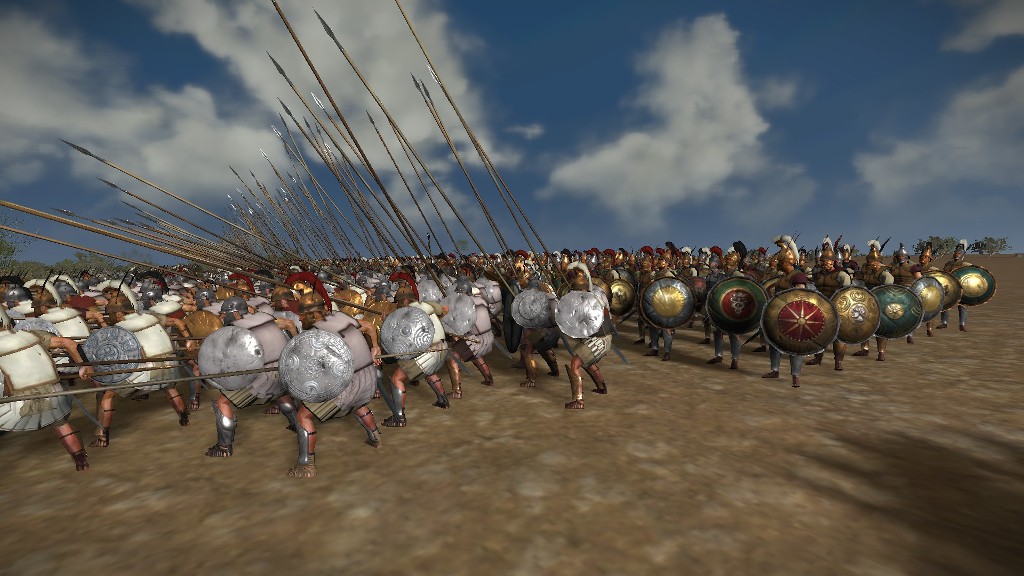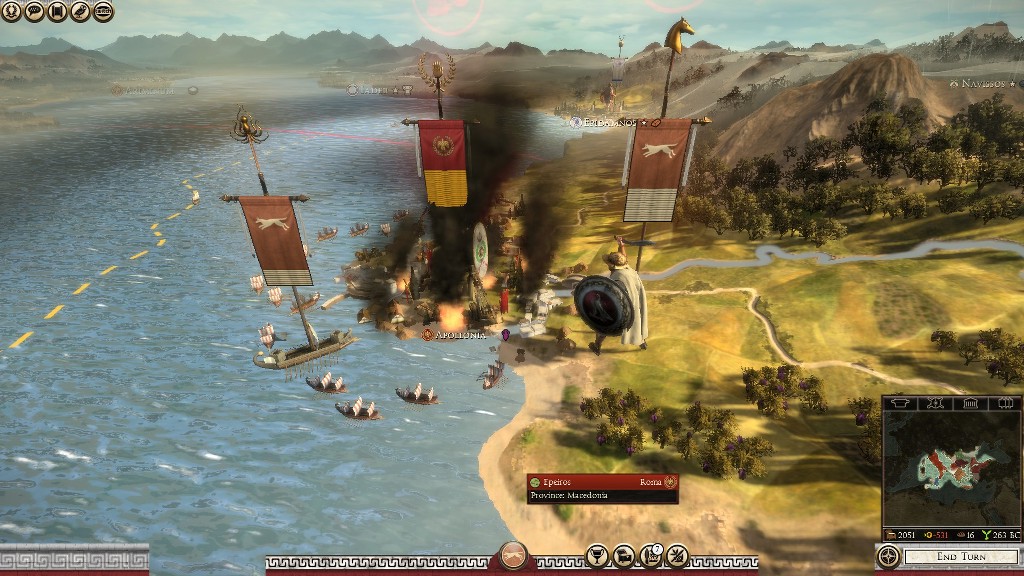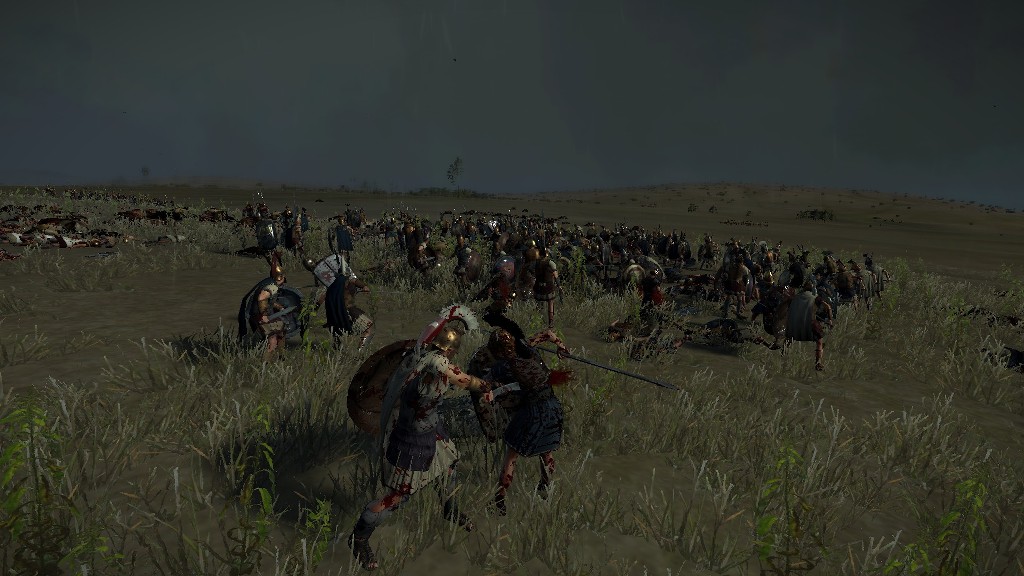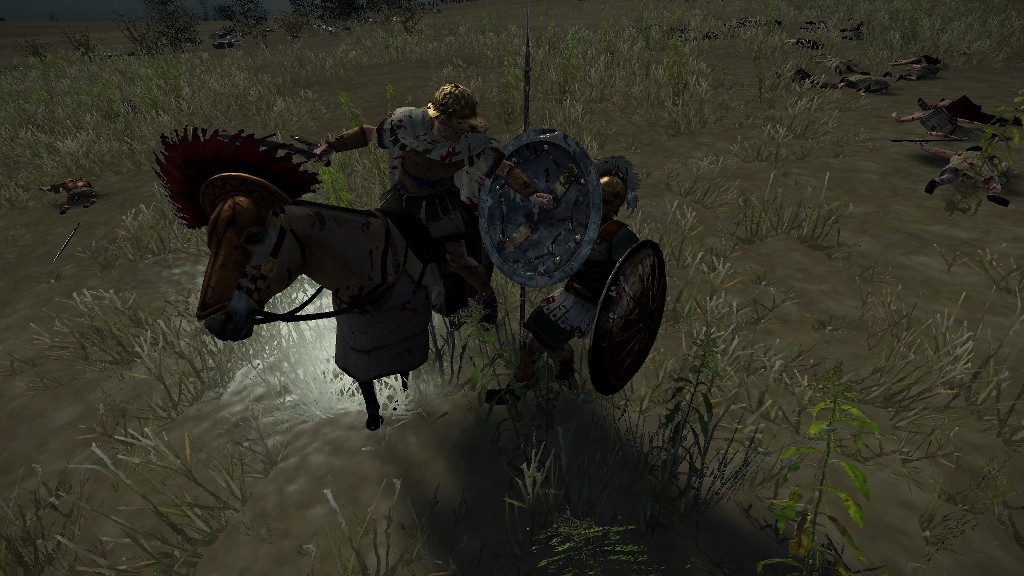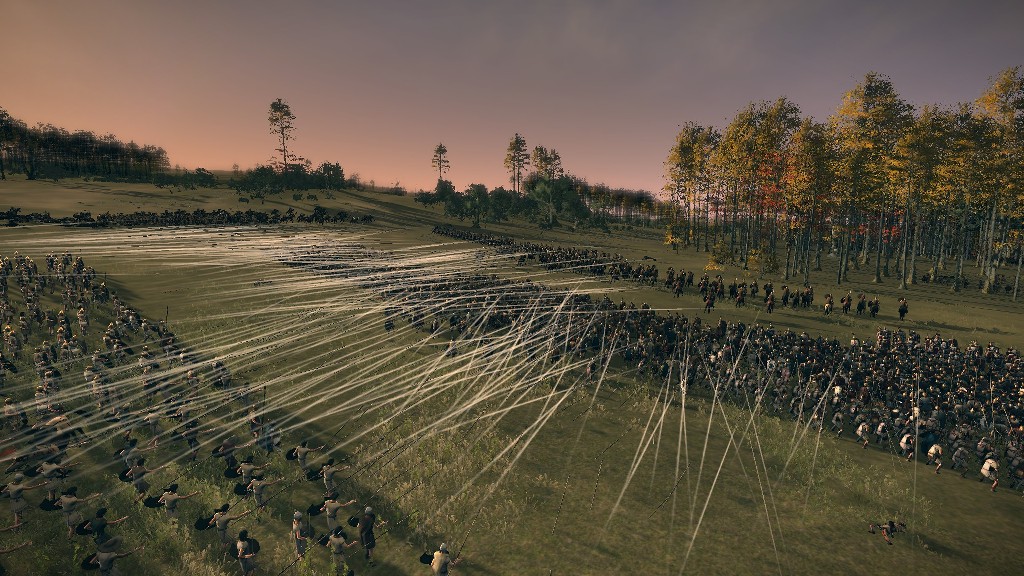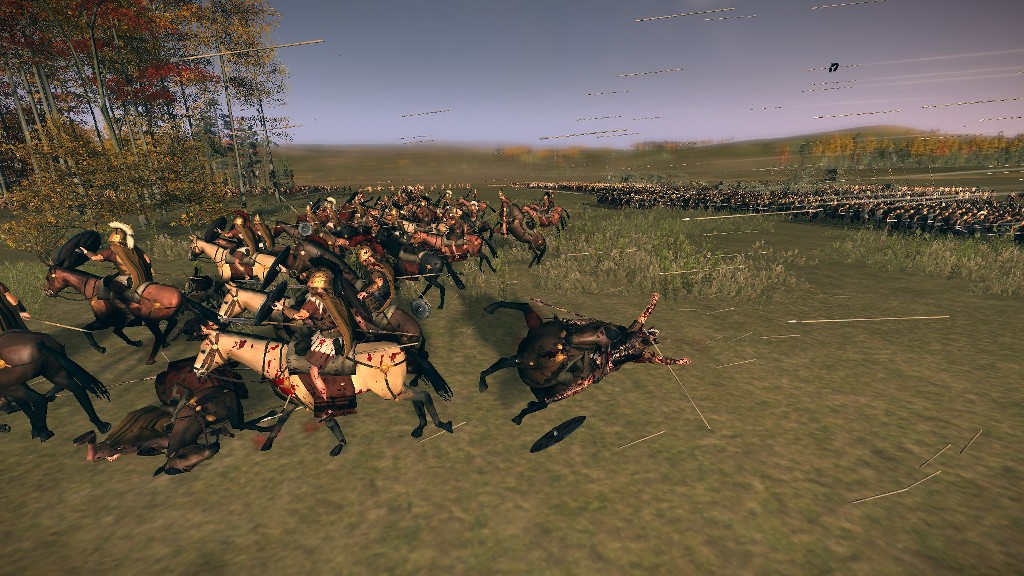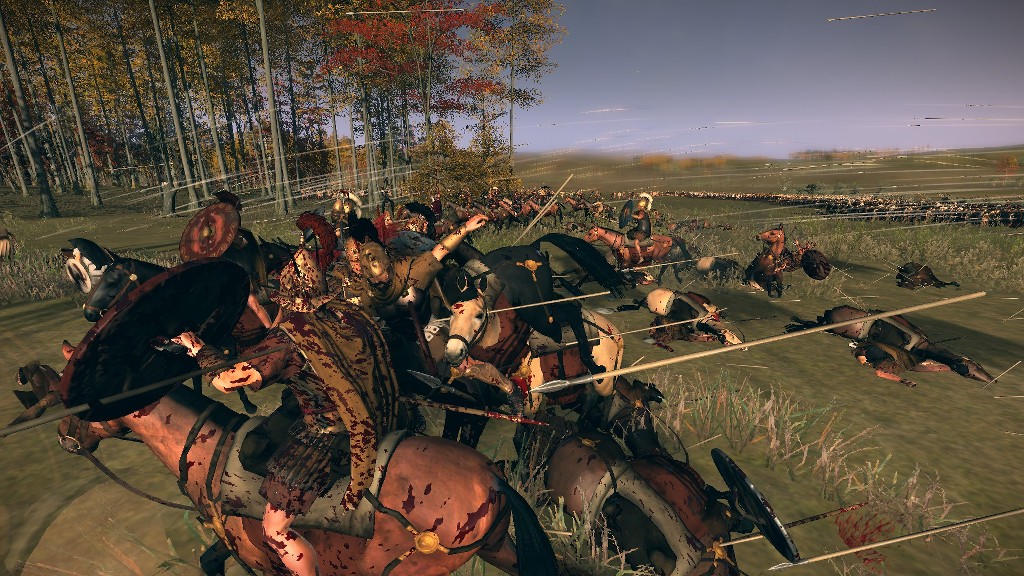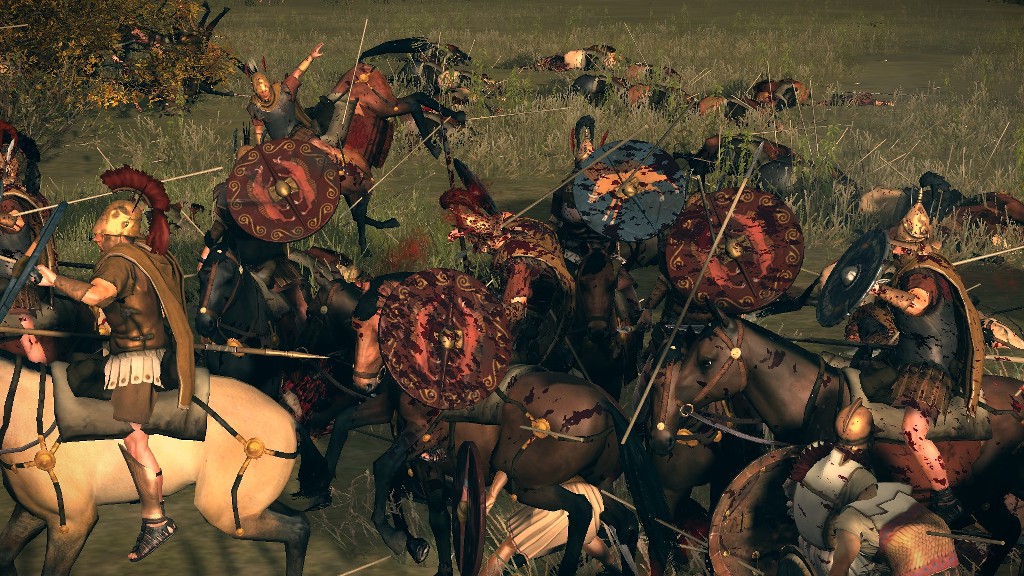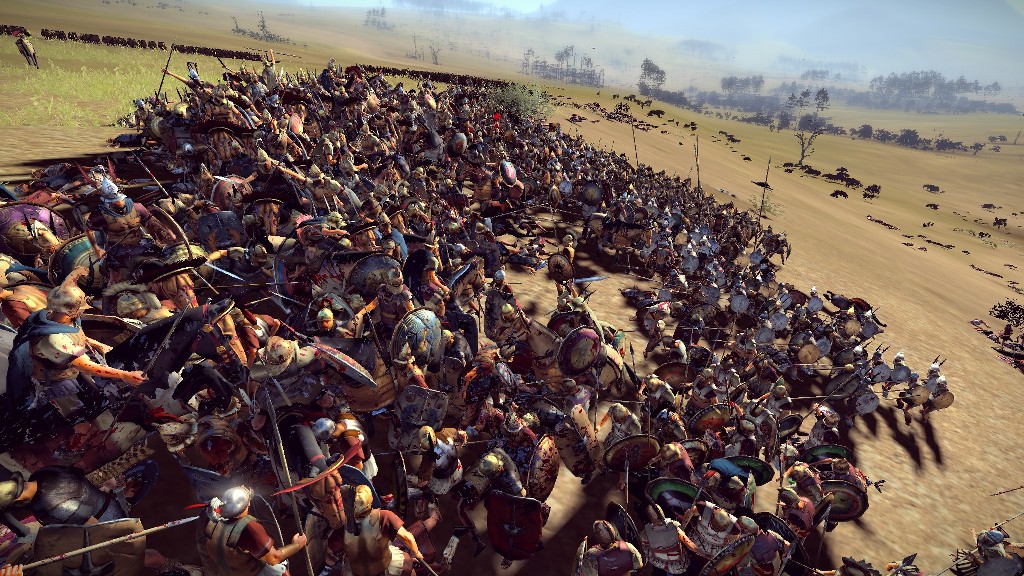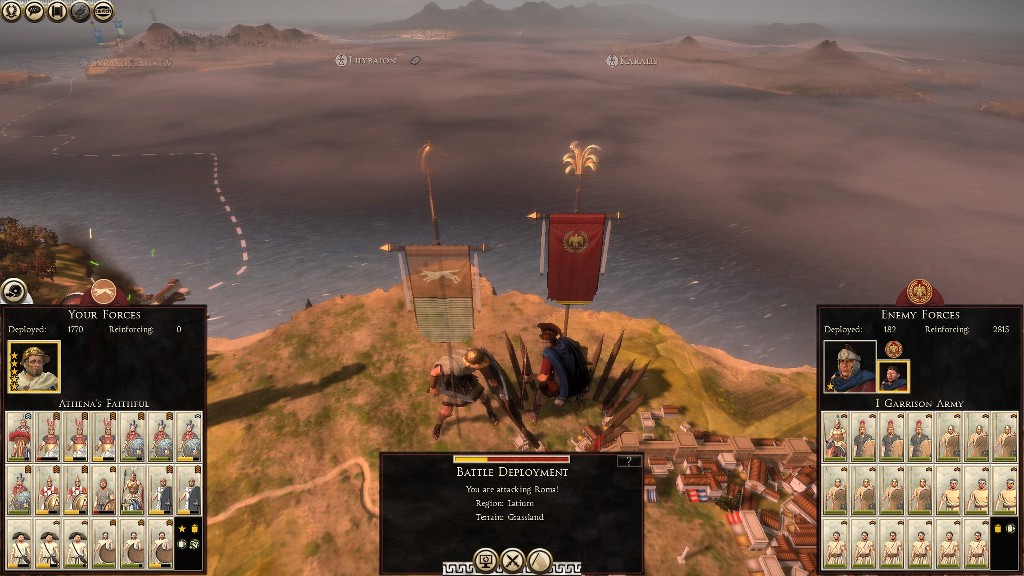Chapter 6: Divide et Impera
Public order began to waver and more and more citizens left to join the ranks of the rebellious Brundisian army while two of Rome's legions continued to ravage the countryside. Under pressure from three foreign armies, Euhemenis waited for the opportunity to strike. 3 months passed. Finally, one of the legions separated from the raiding party and left the province. Euhemenis attacked the isolated 10th legion at once.
Eusebius was stationed at the front lines of the phalanx as morale support for the upcoming fight. Euhemenis positioned himself with his companions on the left flank with his flanking contingent. The Greeks advanced on the Roman forested position.
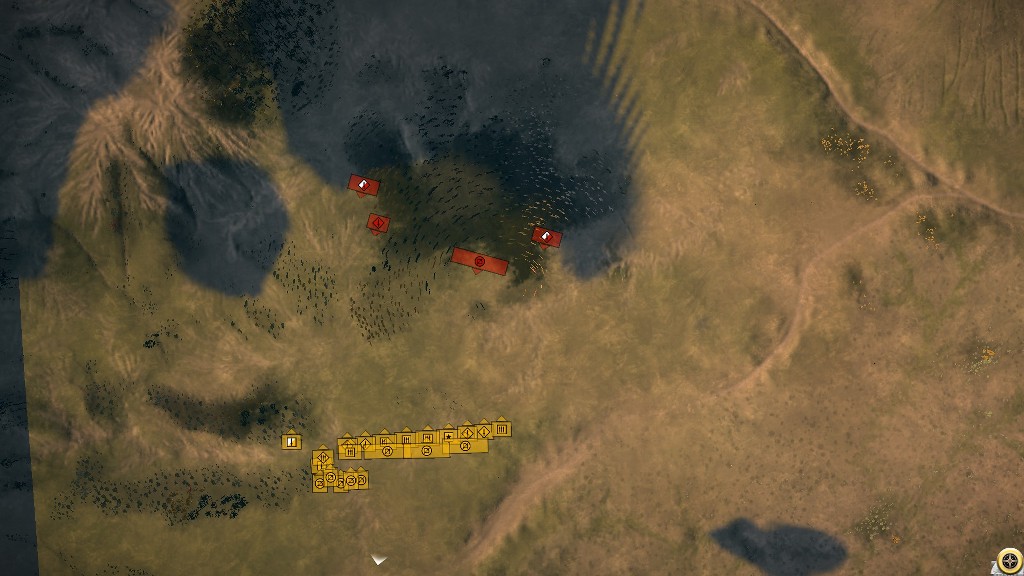
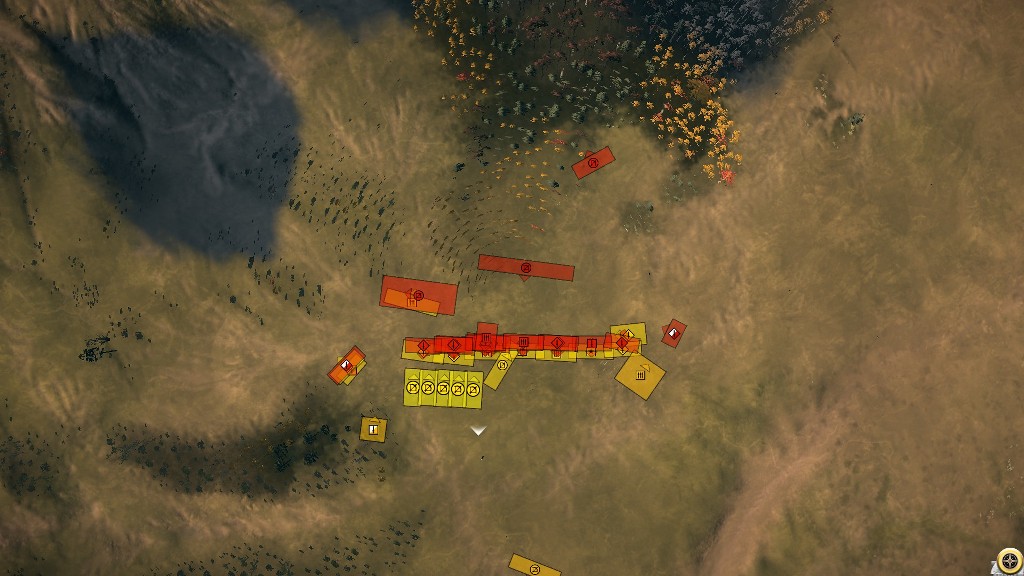
Following a very brief skirmish, the Romans charged from the forest head on. Euhemenis ordered the reserve spears to fend off the flanking Roman equites.
The skirmishing contingent was ordered to hold fire and align on the left flank where the brunt of the Roman attack had come. The Roman general joined the fight, encouraging the infantry to push the Greek Peltasts back. It was clear the intention was to break the Epirotes extreme left and continue to wrap around the main battle line. Euhemenis recognized this and devised a plan.
With the Roman general engaged in the midst of the melee, Euhemenis ordered his flanking contingent to push left of the battle line in a flanking maneuver. They were ordered to push up and not engage the Roman rear. The plan was to lure the Roman general out of the main battle line. The Greek javelins were ordered to fire at any sight of the Roman general disengaging the main battle line, only then could they hit the Roman general without hitting the backs of the front line Greek soldiers.
The Roman general took the bait. The javelins were thrown.
The rest of the bodyguard panicked and fled, including the Roman general. Euhemenis and his companions pursued and cut them down. The general was killed in the chase.
With the general dead, Euhemenis ordered the flanking contingent to wrap around the Roman's rear. Victory was at hand.
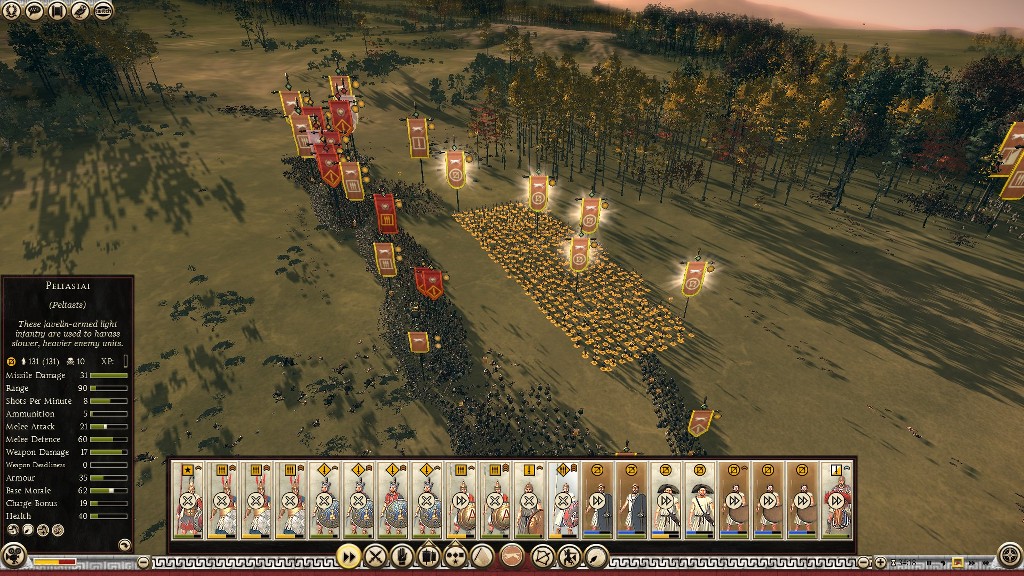
The flanking contingent engaged and the Roman infantry was cut down. 2600 Romans lay dead at the end of the day.
With the 10th Legion defeated, Euhemenis marched on the rebel Brundisium army which fled at the sight of the Greeks. Euhemenis trapped them at the heel of Italy with no where to run and cut them down. The Romans were pushed back, and the rebellion was quelled. Brundisium was, for the first time ever, safe in Greek hands.
Well knowing that the safety of the situation would not last, Euhemenis pushed on. Rome had to be defeated and now was the chance. If left to regroup they would surely recruit a massive siege force to retake Brundisium. Thus, Euhemenis marched onward to Rome and was met by 2 and a half legions, 1 turn's time outside of the city of Rome. Euhemenis took defensive positions upon the high ground. The Romans engaged, and to no avail. They were beaten back by Greek sword and shield, unable to dislodge the Greeks high ground position.
Euhemenis lured the Romans to attack his impregnable position and the Romans crashed against a wall of steel. The Romans lost 3000 men, the Greeks 600.
Euhemenis pushed on, now confronted with a makeshift fort built to act as a last line of defense before the walls of Rome. Euhemenis engaged.
Rome's garrison came to support the battle at the fort. The fighting was fierce and it was unclear who would come out on top, but the Greeks with spirits higher than Zeus himself were proved unstoppable due to the previous victories against the Romans, and so the Romans fled. The city was, at last, conquered. Rome was defeated.
This concludes the AAR. The war was won in 258BC and Euhemenis reigned victorious, king of both Greece and Italy.
Hope you all enjoyed.




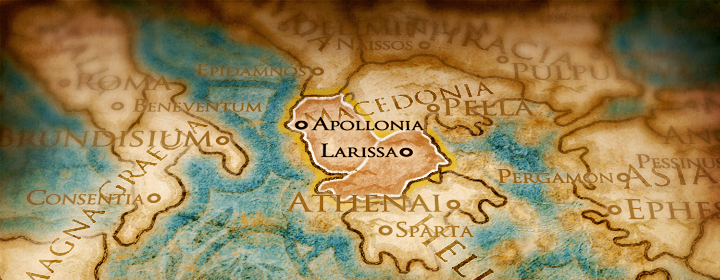
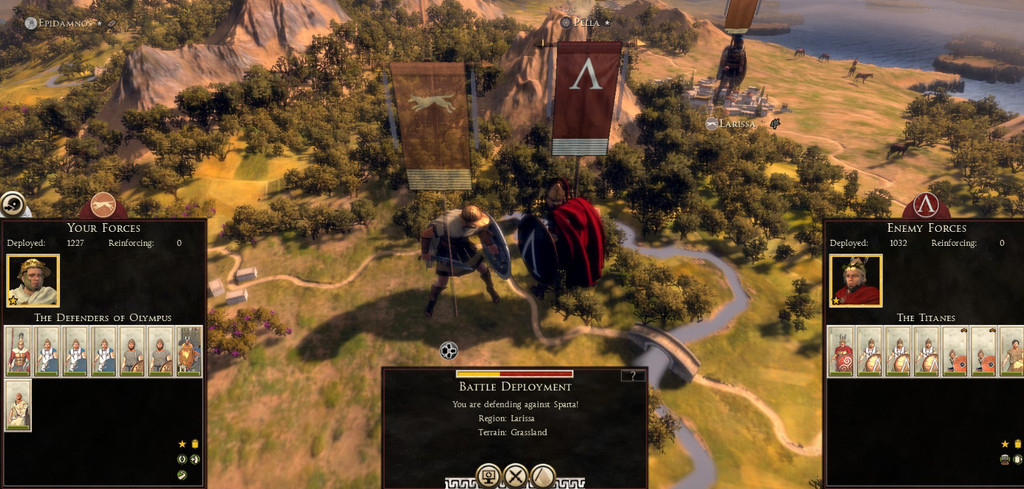
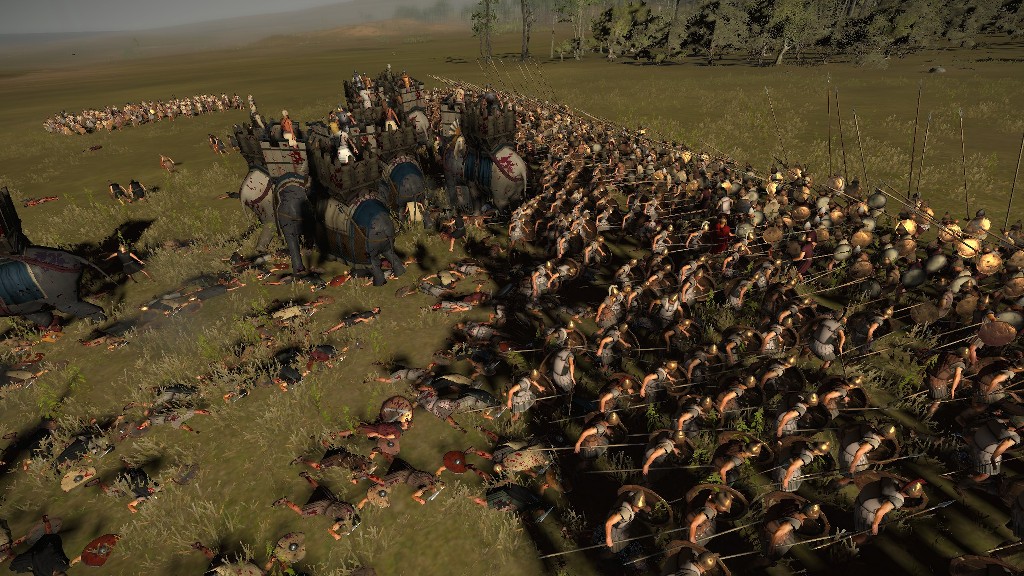
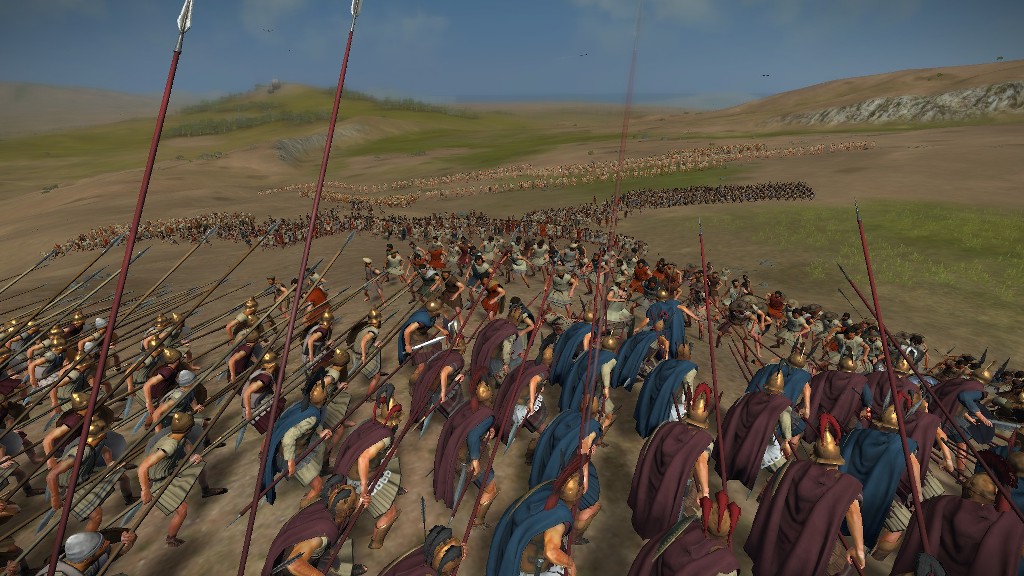
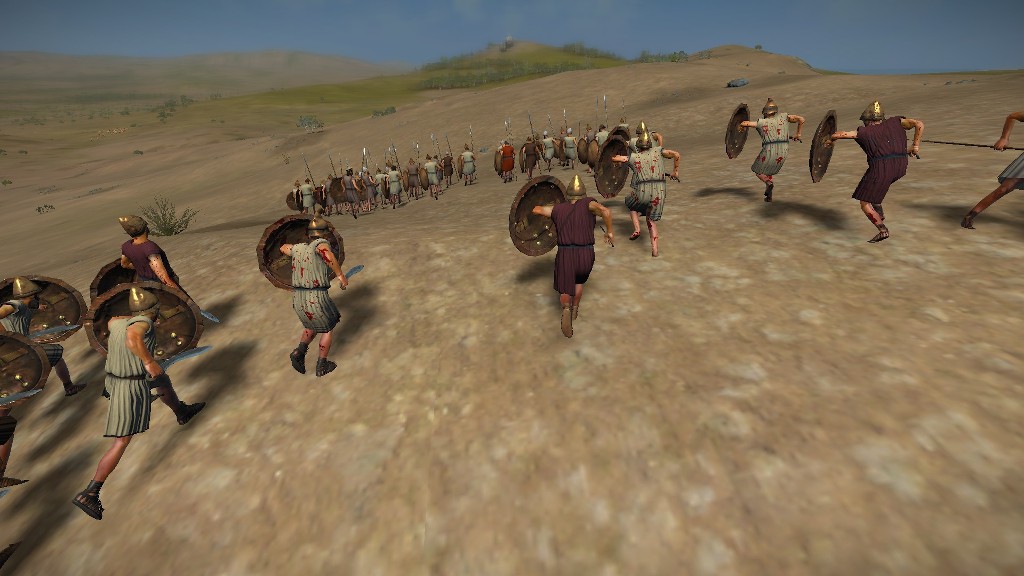
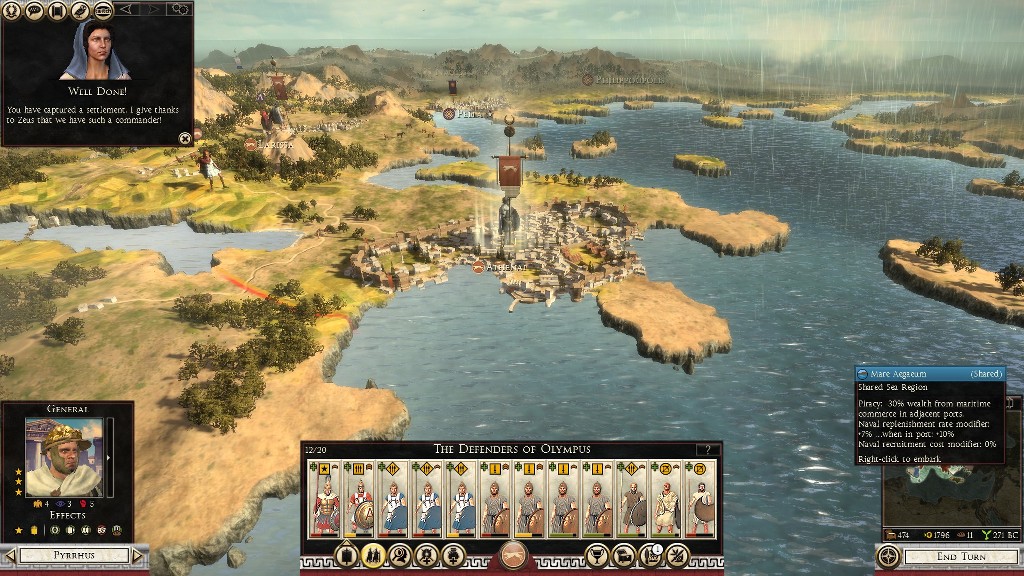

 Reply With Quote
Reply With Quote